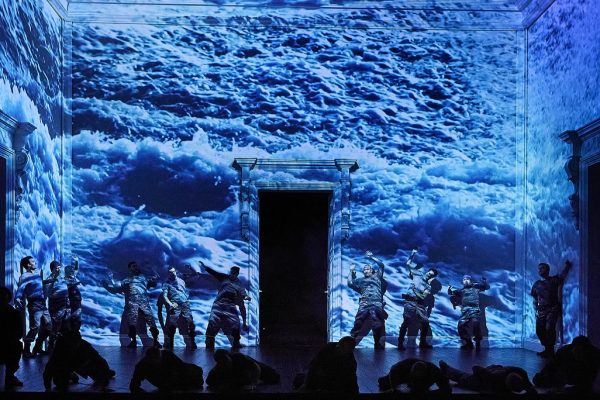
Music / Idomeneo, by Wolfgang Amadeus Mozart, Opera Australia and Victorian Opera. At Sydney Opera House until March 15. Reviewed by HELEN MUSA.
Directed by Lindy Hume and conducted by Johannes Fritzsch, this early Italian language opera by Mozart, composed when only 24 in the opera seria style, proved to be an unexpected treat full of ravishing singing and dazzling visuals.
To the visuals first, since they could not be ignored.
This was without doubt the most sophisticated digital and cinematographic backing seen from Opera Australia in a long time, with special effects by cinematographer Catherine Pettman and sound designer David Bergman that melded perfectly with the plot.
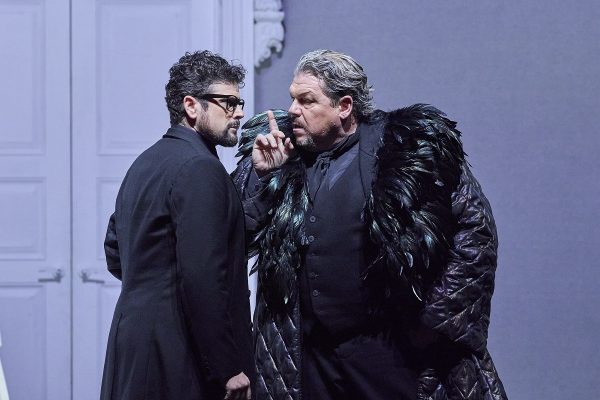
Given that the story has much to do with the capricious god of the sea, Neptune, for whom read the ravages of nature, it seemed singularly appropriate that the sparse set by Michael Yeargan, a Greek portico with three doors, should serve the canvas for images drawn from coastal Tasmania.
This was achieved by use of a scrim instead of real canvas, lit from both downstage and upstage to achieve effects variously of wild storms, monstrous creatures, beautiful sunsets, whirling seagulls, and classical calm.
The best thing was that the visuals never seemed gratuitous and never once dominated the brilliant singing.
The story tells the woeful tale of King Idomeneo’s return home from Troy apparently unscathed— or is he?
Director Hume has suggested that he, and most of the other characters, are suffering from PTSD, and while that may sound ridiculous for a Mozart opera, it proved to be true in the hands of such a fine actor-singer as Michael Schade playing Idomeneo.
According to the myth, Idomeneo has sworn to sacrifice the first person he sees when he returns to Crete, but alas, it is his son, the heroic young Idamante.
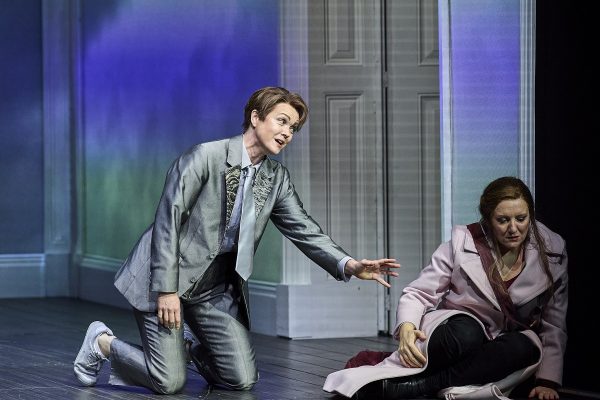
Fear not, Mozart turns it around with a nice deux ex machina to create a joyous ending with peace and harmony reigning as the retired King Idomeneo quite literally take his boots off to have a good rest.
The plot is full of operatic cliches, so that the Greek princess Elettra (Emma Pearson) is caught in a tussle with the Cretan princess, Ilia (Celeste Lazarenko) for the affections of the brave Idamante. Verdi might well have been thinking of this when he wrote Aida.
These are all terrific roles, although the lion’s share of the acting goes to Idomeneo with his conflicted emotions and awareness of the other characters’ feelings, seen in several penetrating scenes between the king and his confidant Arbace (John Longmuir).
But it is the riveting singing of Caitlin Hulcup in the pants role of Idamante that comes close to stealing the show.
Clad in contemporary boyish garb (costumes by Anna Cordingley) and very natural in her acting, Hulcup’s penetrating voice took one’s breath away, while down in the pit, maestro Johannes Fritzsch had the best of it, whipping the orchestra into a state of musical excitement that was hard to fault.
Lindy Hume is one of Australia’s most seasoned and astute opera directors, evident in the way she moved the chorus around the stage, making full use of the revolve to allow us to see them from all angles.
Mozart has helped this by giving some individuation to members of the chorus and Victorian Opera can be very proud of its ensemble.
Idomeneo is not a perfect opera – if it were, it would be seen more often in the general repertoire.
Nearly three hours long and full of longueurs, the plot is quite complicated if you’re not across the obscure post-Troy tale. It also features a gratuitous blood and thunder scene where Electra gnashes her teeth, a failure in dramaturgy, as the voice of Neptune had already pronounced a peaceful end and it was time to go home, satisfied.
May such refreshing collaborations between Victorian Opera and Opera Australia continue.
Who can be trusted?
In a world of spin and confusion, there’s never been a more important time to support independent journalism in Canberra.
If you trust our work online and want to enforce the power of independent voices, I invite you to make a small contribution.
Every dollar of support is invested back into our journalism to help keep citynews.com.au strong and free.
Thank you,
Ian Meikle, editor
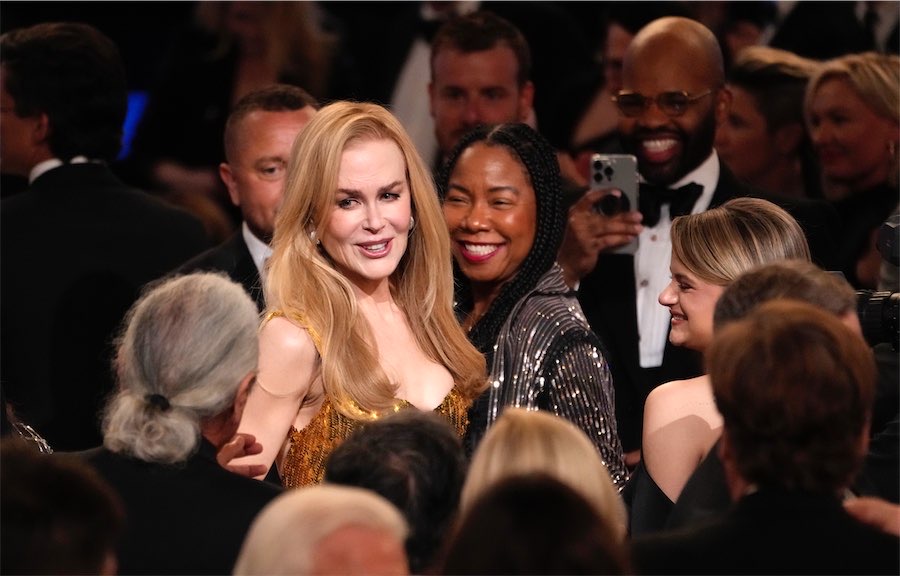
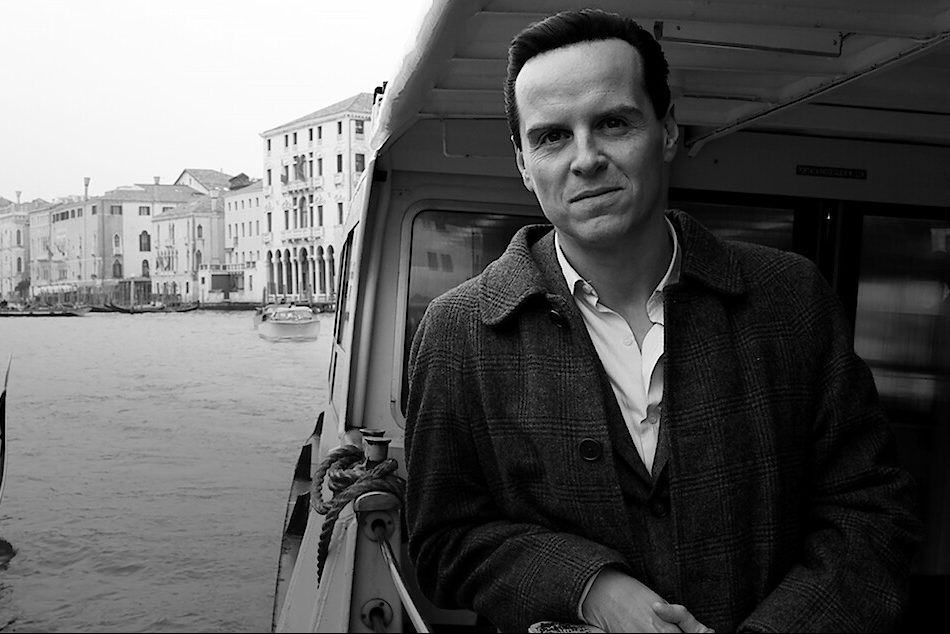


Leave a Reply